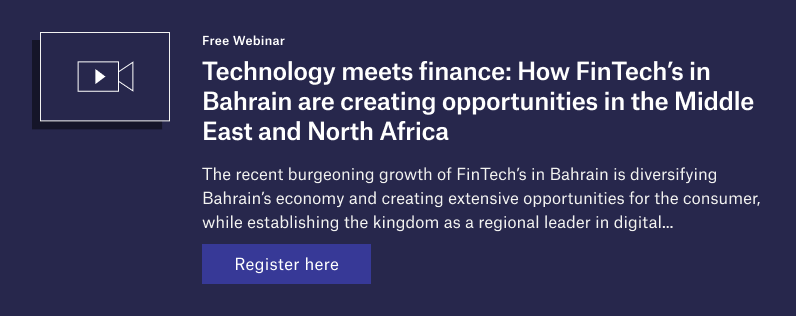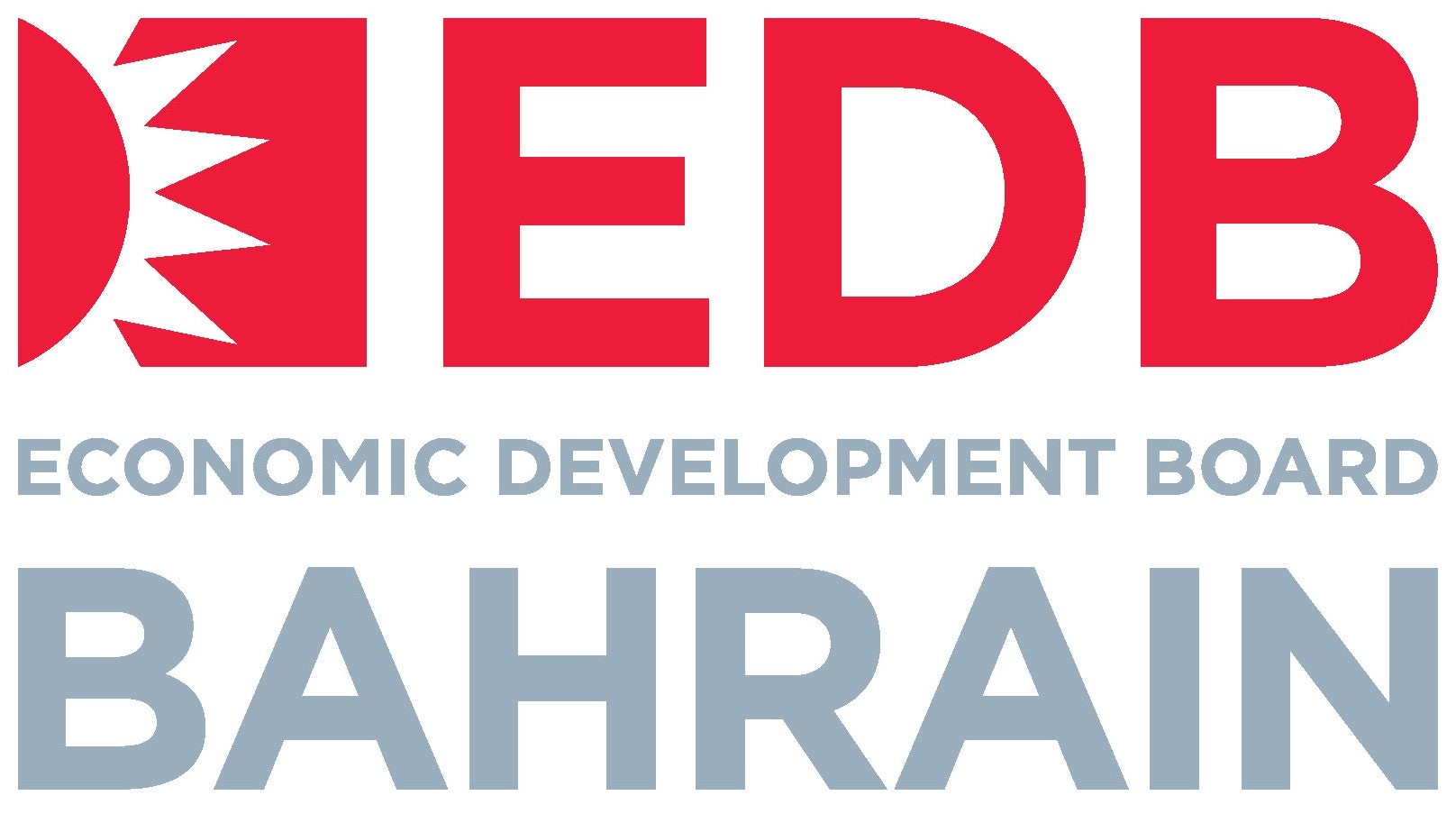
There is no better example of the lengths to which the Bahrain Government will go to encourage innovation and strengthen the country’s fintech ecosystem than the story of open banking pioneer Tarabut Gateway.
In December 2017, tech entrepreneur Abdulla Almoayed realized the challenges facing today’s consumer when it comes to banking products and services and set his mind to build an open banking platform that would connect a regional network of banks and fintechs via a universal API, creating personalised financial services for people all over the Middle East and North Africa (MENA) region. At this point, there were no open banking regulations in Bahrain, let alone products.

Two months later, Almoayed had submitted his application to become the first ever fintech start-up to go through the Central Bank of Bahrain’s (CBB) Regulatory Sandbox, a programme that provides a virtual space for companies to test their products and expand in the Gulf.
By December 2018, not only was the development of Tarabut Gateway’s open banking infrastructure well under way, CBB had drafted and issued the necessary regulations and frameworks to allow the platform to function. Bahrain was now the first country in the GCC to mandate the adoption of open banking by all banks. Another year later, Tarabut Gateway became the first company to go live with open banking in the MENA region.
“The hardest thing about coming up with new ideas and innovating in a highly-regulated environment like banking is finding a regulator that is open to listening,” Almoayed says. “In Bahrain, there were no doors shut. Everything was open to debate, everything was open to conversation, and as long as we were delivering value for customers and had the right security frameworks in place, nothing was shut down. It was very different to the classic approach to financial services.”
Regulatory Sandbox: an invaluable stepping stone
Almoayed is adamant that without CBB’s Regulatory Sandbox, Tarabut Gateway’s open banking platform would not exist today. “It was the stepping stone on which we were able to create the organisation to begin with,” he says. “CBB was not only at the forefront of the movement locally but internationally.”
Six months after going live, Tarabut Gateway expanded into the United Arab Emirates (UAE), which introduced open banking regulations soon after Bahrain. Then, in February 2021, the company managed to pull in $13m in seed investment, the largest seed round in the MENA region for a fintech company. “It makes it much easier to raise capital when you are regulated, you have a proof of concept and you can showcase the value of your product,” Almoayed says.
The company recently announced a further $12m investment through a pre-series A funding round and is now determined to go global. “We will be focused on Bahrain, Saudi Arabia and the UAE for the next six months and then we are looking at deploying in North Africa,” Almoayed explains. “We are scaling our team both locally and regionally and have set up hubs around the region to attract and nurture the best talent. We are just getting started.”
Seize the opportunity
In addition to open banking, Bahrain has also introduced regulations for other emerging financial technologies including crypto assets, crowdfunding and sustainable finance. In February 2019, for example, the CBB finalised rules for regulating and licensing crypto asset services, becoming the first to do so in the Middle East. In the same year, it was awarded the ‘Most Innovative FinTech Regulator’ award at the FinX Awards in Dubai.
Almoayed’s advice to other fintech start-ups in the region is to seize the opportunity before the market becomes too crowded. “It is a very different market today to when we started our journey three years ago,” he says. “The ecosystem now exists, and from a funding perspective there are a lot of pools of capital available. The infrastructure is available today, the regulation is there. What took us a year to do would today take less than six months. The opportunity is right. Now is the time to jump on it.”


